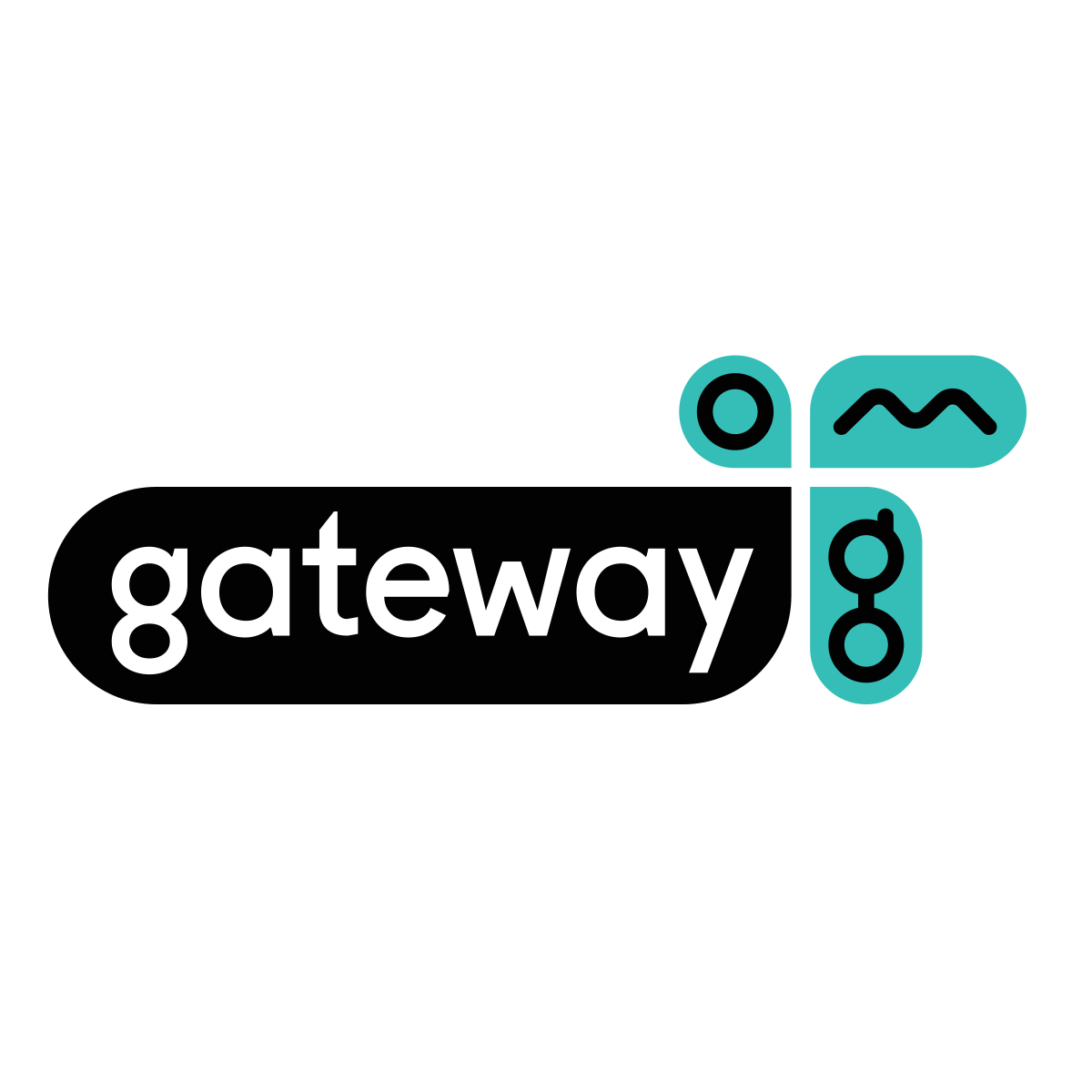The Reading Comprehension task of the IELTS exam requires you to utilize some effective reading strategies for a good score. Here are some popular tips that have helped many IELTS test takers achieve flying colors on the IELTS Reading section.
Identify Context Clues
It can’t be denied that there will always be difficult words in the reading passages. Don’t get stuck on these words! Use context clues to figure out the meaning.
Context clues are hints or signs that help readers understand unfamiliar words. By looking at other common words in the sentence, it is easier to make guesses about what the difficult word means. In addition, context refers to the way the word is used in that particular sentence, which undoubtedly helps readers determine the meaning of the term.
Develop Speed Reading
The IELTS reading test contains three sections with 13 to 14 questions each. Thus, reading and answering all the questions takes time. The ability to read three times faster than your normal speed is very important!
One important technique that helps you find information quickly and accurately is speed reading. It is a strategy, which is done by moving the eyes rapidly to find information in the passage. Moreover, develop the skill to quickly skim passages. This is useful to identify the main idea or to get an overview of the passage’s topic, direction and organization.
Read According to Module
Reading a variety of passages in English will help you improve your comprehension skills. Most importantly, read materials based on your test module.
General training candidates should read non-academic texts, such as advertisements, official documents, instruction manuals, timetables, announcements, leaflets, forms, news and magazine articles, and training materials.
On the other hand, the academic module passages are taken from books, magazines, journals and newspapers. Since the readings are for undergraduate and graduate students, the passages come from different fields of study, such as arts, social sciences, life sciences, and applied sciences. Expertise is also not needed in dealing with the readings as they are designed for non-specialists. Thus, worry not; the answers are all in the passage!
Read Everyday
The examples mentioned above would give you an idea about what you should read. Reading one passage a day will give you sufficient exposure to your module. Hence, set a plan by preparing a timetable! In your timetable, indicate which reading materials and sources you want to cover for one week. For instance, Mondays are for social sciences topics (academic) or instruction manuals (general). Learning a little each day is better than nothing at all!
Take Model Tests
You already know the techniques and question types. You’ve been reading seriously every day for a month. What next? Answer model tests! Do not put all your preparations to waste by taking your own sweet time. It still pays to force yourself to answer reading papers (three passages in one hour!) This will help you become familiar with the flow of the IELTS reading section.
Lastly, by taking a full reading set, you will get an idea of your own pace and speed. This will help you finish the three sections in one hour. The more reading practices you do, the easier it becomes!



